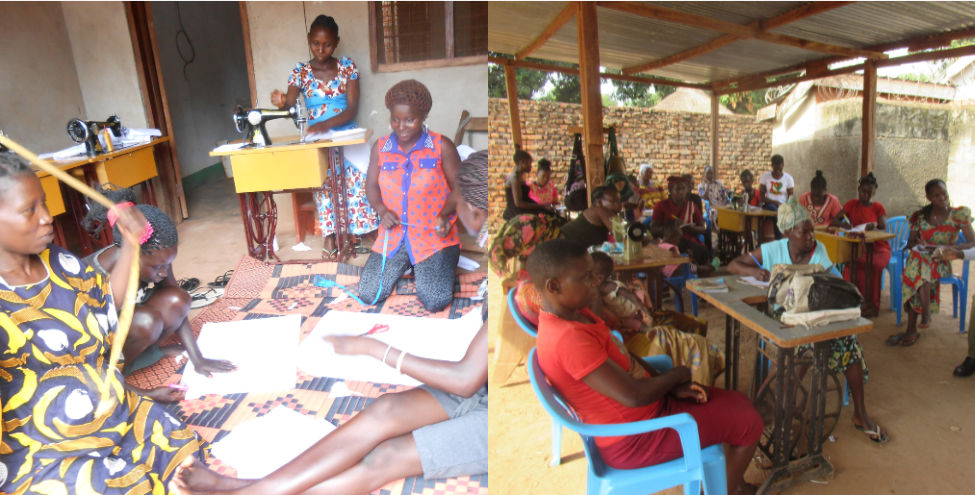J1246N Project Help South Sudan
South Sudan, Africa





The Situation
The output and hence incomes of youth and women in South Sudan is lamentably low, partly due to limited skills, low human capital, and low productivity and illiteracy; exacerbated by the effects of war and poor cultural mind-set. The majority of the populace relies on subsistent agriculture characterised by low production and productivity owing to the use of traditional agriculture techniques, low production capacity, high postharvest losses and limited value addition (processing) and/or preservation, and constrained viable and reliable markets. Moreover, low entrepreneurship and business management skills, (including soft skills according to 2020 UNDP study), among the men and women hinder their engagement and success in businesses and viable livelihood activities; amidst a very low (13%) formal public sector employment statistics in South Sudan[1]. This problem is compounded by the lack of available accessible agriculture training centres and business management institutions for men and women, which limits all skill acquisition opportunities, even if the interest was existing.
These challenges appear worse for women who are not only disproportionately affected by the ravages of war (including the 2021 years conflict in the Country), but continue to grapple with untold socio-economic and political deprivation[2], vulnerabilities including a low literacy rate of 28.86% (compared to 34.52% for men), denial of ownership of property and productive assets (e.g. land) as dictated by the traditional patriarchal structures and systems, and limited voice in decision making at household and community levels. The economic injustice facing women in South Sudan conforms to the study findings that women perform 66% of the world’s work, and produce 50% of the food, yet earn only 10% of the income, and own 1% of the property.
Unless deliberate pro-children, youth and pro-women socioeconomic empowerment programs are undertaken to break through the poverty cycle, the situation will continue to aggravate.
This project therefore, adopts viable vocational skills training to the youth and provide schooling support for some talented children.
These interventions will improve the socio-economic power of youths and women leading to many desirable direct and spill-over effects for the long-term development of South Sudan.
The Objectives
1. To improve education accessibility for talented and underprivileged children, young people and those with disabilities. (Through the provision of education financial support in terms of school fees and some upkeep to undertake their studies at primary, secondary and tertiary schools).
2. To offer vocational skills training in varied skills traits to women and youth who are undergoing unbearable economic situations. Procure training materials and revolving capital for the Village Saving and Loan Association (VSLA) groups to ignite business.
[1] A Rapid Gender analysis on COVID-19, South Sudan, 2020 available on
https://reliefweb.int/sites/reliefweb.int/files/resources/rapid_gender_analysis_on_covid-19-south_sudan.pdf
[2] https://reliefweb.int/sites/reliefweb.int/files/resources/rapid_gender_analysis_on_covid-19-south_sudan.pdf
J1246N

